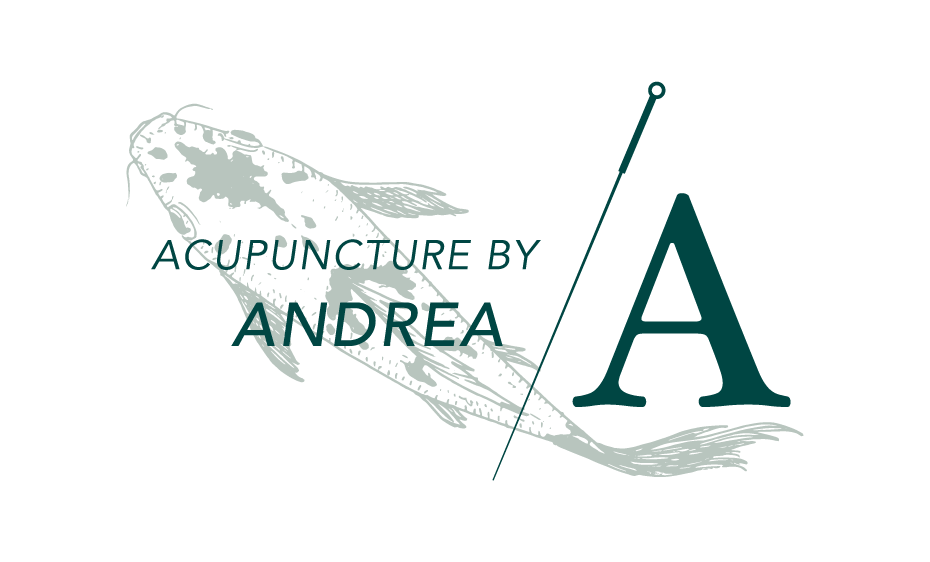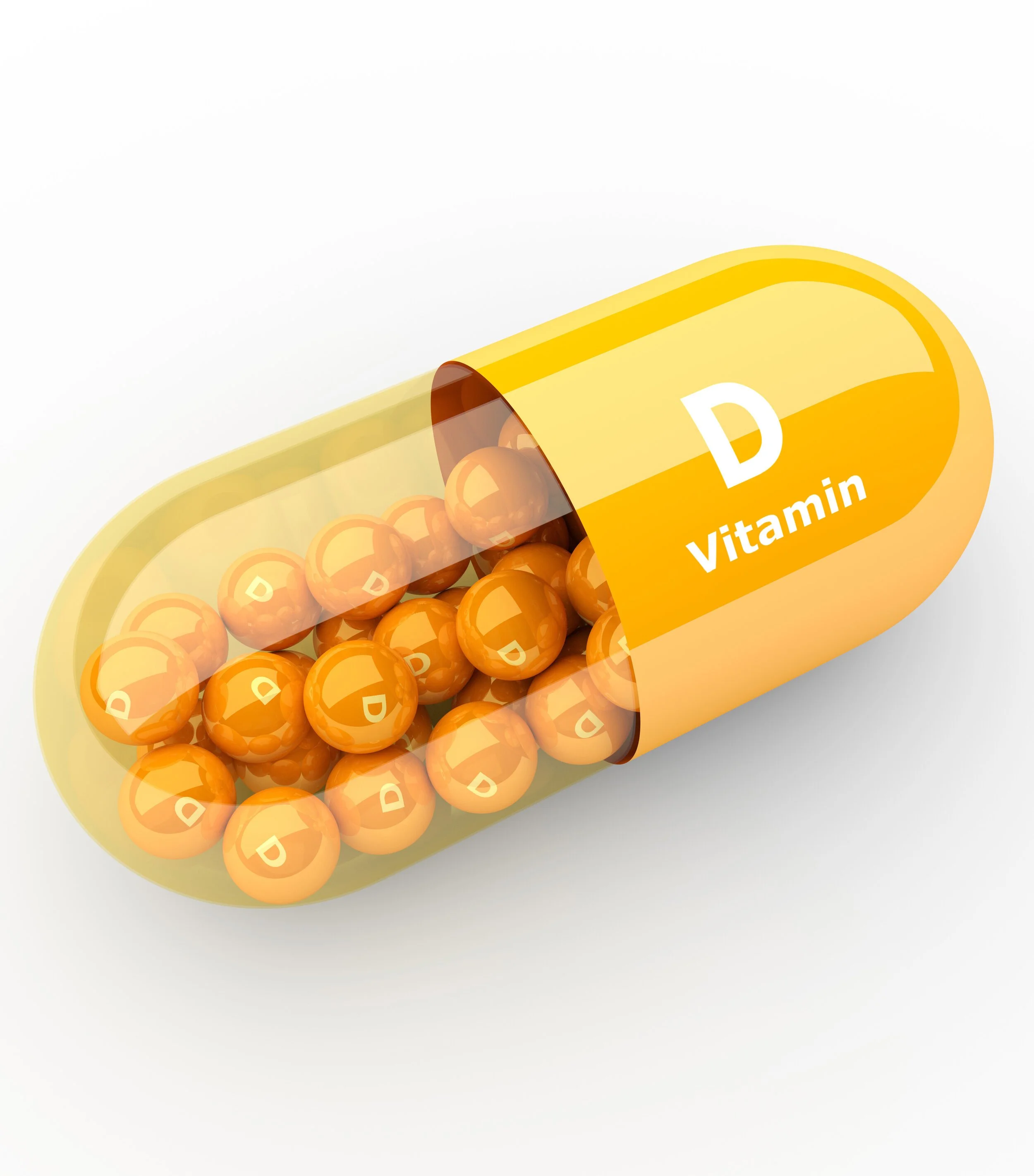The Importance Of Vitamin D: Supplement Your Health
Vitamin D is an essential nutrient, necessary in our diet for bone growth, cardiovascular health, immune boosting and digestive health. It is particularly beneficial to your health to keep your Vitamin D levels optimal during the fall and winter seasons.
We usually think of Vitamin D as “coming from” the sun. Most of us do get the necessary level of Vitamin D from exposure to the sun. However, incredibly, 41% of Americans including young, active people who spend adequate amounts of time outside have low tested Vitamin D levels. 5-30 minutes of exposure to the sun between the hours of 10am and 4pm should adequately supply you with the necessary Vitamin D (600-800 IU’s daily) according to studies from the US Dept of Health and Human Services.
Factors affecting Vitamin D Availability in Your Body
Two factors that can affect the ability of your body to assimilate exposure to the sun and absorption of Vitamin D are:
1. Skin pigmentation— people with darker skin actually need more exposure to the sun than light or white skin.
2. Where you live—people in southern climates get more sun exposure than those in the north due to hours of daylight, the angle of the sun, and temperatures that determine an outside or an inside lifestyle. In the winter most people in any climate, but particularly cold, northern climates are deficient in Vitamin D so the foods we eat help us maintain suggested levels. In general, fish and specifically cold- water fish—native to those northern climates— are the perennial favorites with the highest amount of Vitamin D available. Salmon, tuna and sardines are the top choices, but whitefish, sturgeon and halibut are good alternatives to meet the daily intake of Vitamin D. Fortified drinks and cereals are other options to provide your body with Vitamin D.
We tend to hear most about Vitamin D in relation to bone health as it is related to blood production. The production of blood and the circulation of blood are what drive the life force. Blood is made in the marrow of the bones—healthy bones and Vitamin D play a significant role in this process.
A good way to increase blood production and strengthen the digestive system is the consumption of bone broth. Traditional Chinese Medicine has been aware of the strengthening properties of animal marrow for centuries, and they understood that the process of cooking down the marrow provided high nutrient properties that were easily assimilated because the broth was easily digested.
The digestive force takes a great deal of blood to properly function and the digestive process is one of the most important in building your immunity. Vitamin D affects and strengthens the immune system by aiding in the absorption of calcium (which leads us back to bone and overall health and strengthening). Vitamin D is also necessary in aiding the digestion of individuals who have problems digesting and absorbing dietary fats, evident in those suffering from Crohn’s disease and celiac disorders which effect the intestines.
The large intestine or bowel is partnered with the lung in TCM, another part of your immune system, where a strong and healthy set of lungs will help you ward off disease. Strong bowel health with “normal” stool, easy digestion, nutrient absorption, and average appetite, is congruent with strong lungs, and the ability to fight bacteria, viruses and allergens. All of these aspects of a healthy body are possible with a little help from the sun and some easily attainable and absorbable Vitamin D.
Medical-Grade Supplements vs. Over-the-Counter Supplements
Vitamin quality and efficacy varies widely by source and type of vitamin.
“Many people ask me about medical-grade supplements vs. over-the-counter (OTC) supplements that can be purchased at outside stores or online,” says Dr. Lynne Mielke. “Is your OTC multivitamin the same thing that you can get at a medical office? In a word: No.” Some OTC supplements use inexpensive, synthetic forms, while those prescribed in an office “usually contain the best forms of these vitamins, to ensure that your body is getting the most natural and effective form of the vitamin—even if it costs a little more,” Mielke adds. OTC products generally contain a lower dosage than a medically prescribed supplement.
Vitamin D supplements should be taken in the form of D3 which is better at raising blood levels of the vitamin. Vitamin D2 is less expensive because it is sourced from plant-based materials, while Vitamin D3 has an animal base and a longer lasting effect.
At the Acupuncture by Andrea offices, we carry several varieties of Vitamin D from highly reputable sources available only through a licensed practitioner, including Designs for Health, Douglas Labs, Protocol for Life Balance and Nordic Naturals. It is important to get your vitamins from a trusted source, namely a doctor’s office to ensure that you are getting a medical grade supplement versus large amounts of filler in over-the-counter supplements. Acupuncturists in Florida are Primary Care Physicians and can dispense medical grade vitamins.
Have you had low levels of Vitamin D? Did you seek medical remedies, change your diet, or add in a vitamin supplement? Leave a comment below and let us know about your experience with Vitamin D deficiency, how you obtain it in your diet, and if you have taken supplements and what results you saw and felt.

